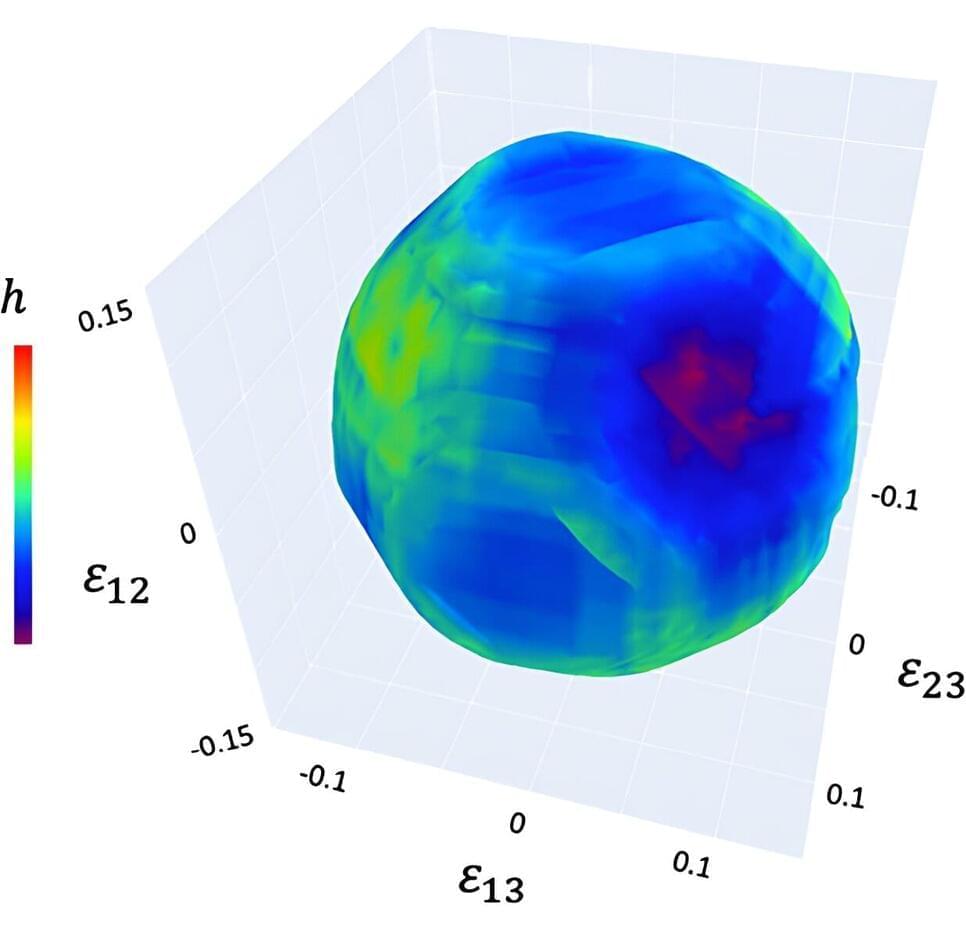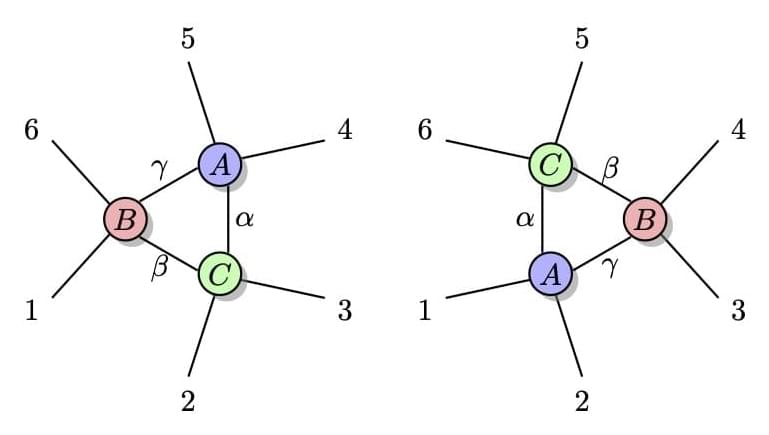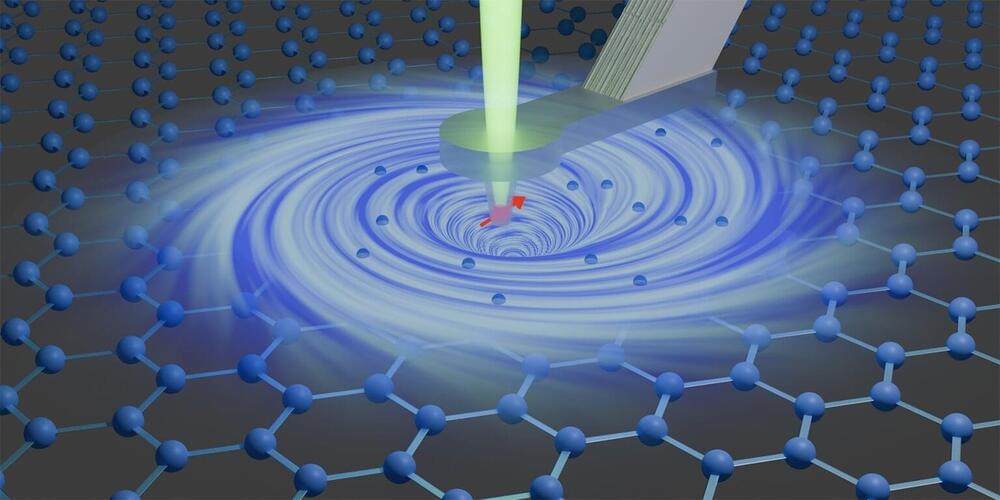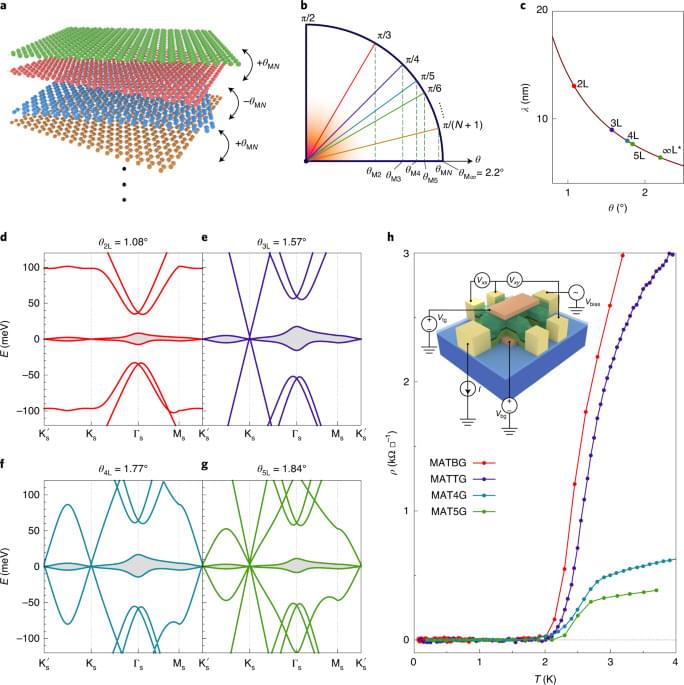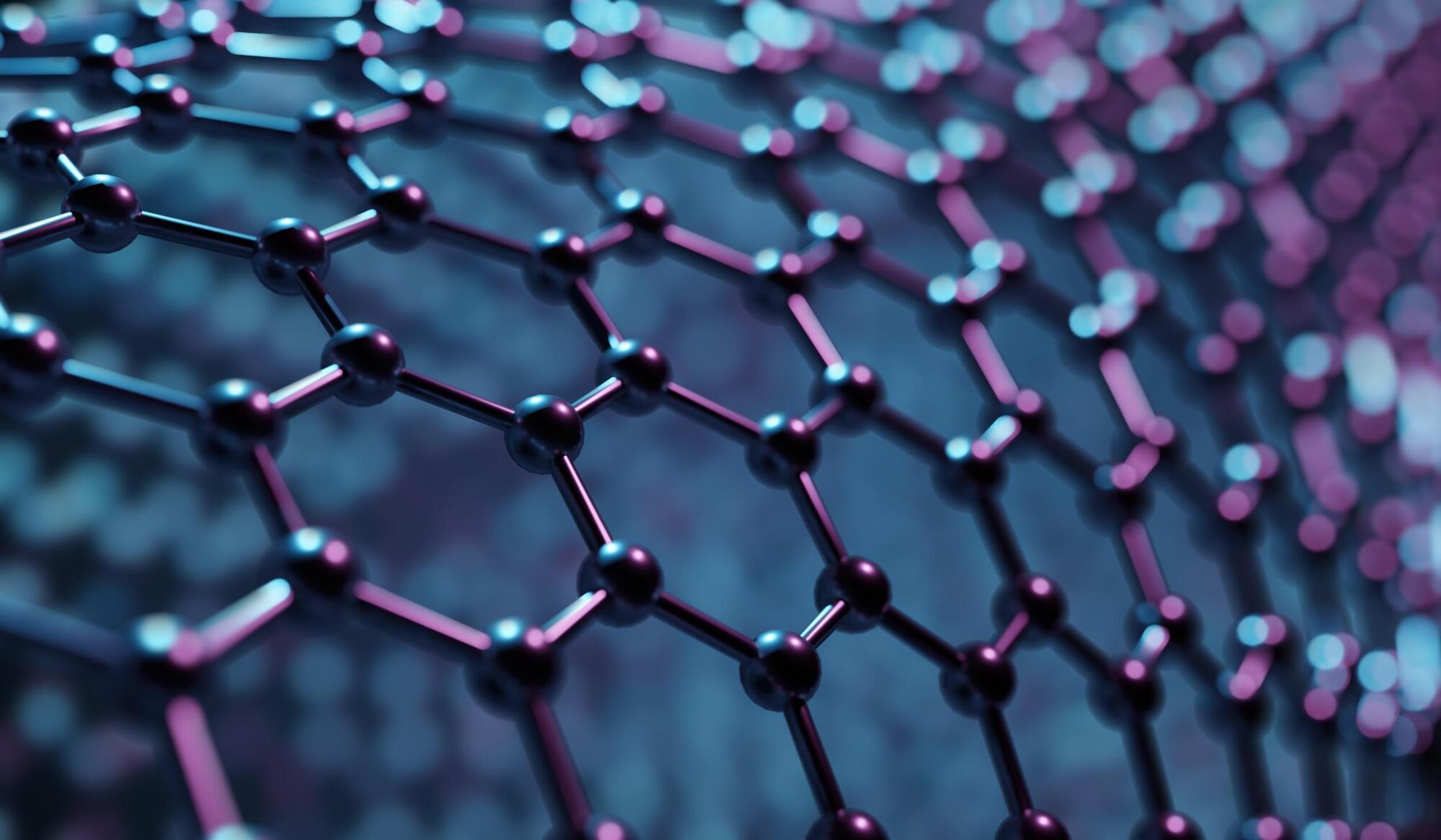
A ‘cage of cages’ is how scientists have described a new type of porous material, unique in its molecular structure, that could be used to trap carbon dioxide and another, more potent greenhouse gas.
Synthesized in the lab by researchers in the UK and China, the material is made in two steps, with reactions assembling triangular prism building blocks into larger, more symmetrical tetrahedral cages – producing the first molecular structure of its kind, the team claims.
The resulting material, with its abundance of polar molecules, attracts and holds greenhouse gasses such as carbon dioxide (CO2) with strong affinity. It also showed excellent stability in water, which would be critical for its use in capturing carbon in industrial settings, from wet or humid gas streams.
